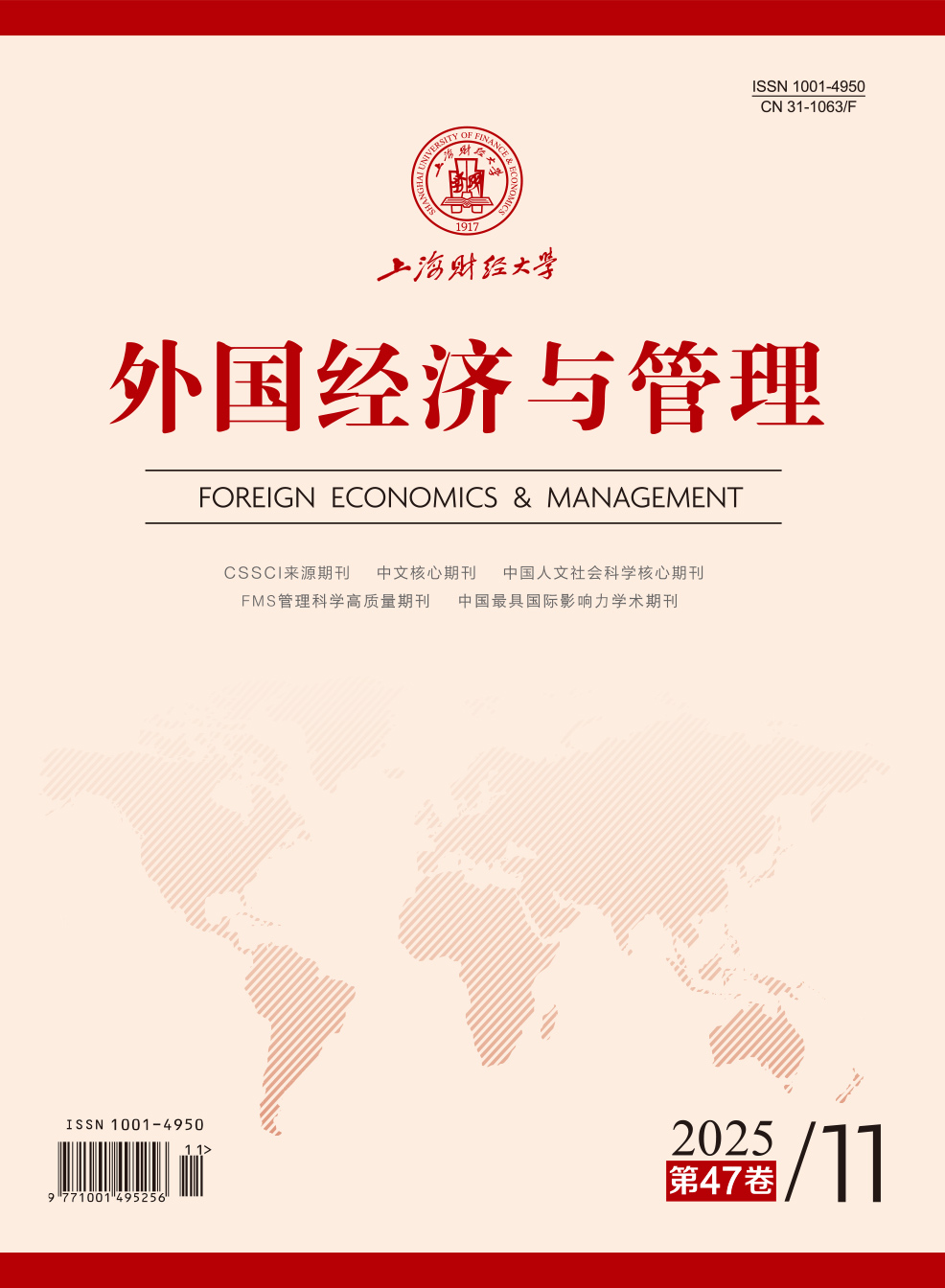Tax avoidance is an important financial strategy. Existing studies address that tax avoidance can reduce investment efficiency by exacerbating information asymmetry and causing agency problems, and pay less attention to the impact of behavioral interactions among companies and its economic consequences. Learning from the tax avoidance behaviors of peer companies can not only optimize their evaluation results from external investors, strengthen supervision of management, and alleviate agency problems, but also improve corporate information transparency and reduce information asymmetry of the outside. Therefore, can the peer effect of tax avoidance play a governance role at the views of “agent” and “information” to compensate for the decline in investment efficiency caused by tax avoidance, thereby improving investment efficiency?
Based on the perspective of peer effect, the data of China’s A-share non-financial listed companies from 2008 to 2019 are used to study the impact of tax avoidance on investment efficiency from the industry and regional levels. The results show that: (1) There exists a peer effect in the tax avoidance of listed companies in China, and the regional peer effect is stronger than the industry peer effect. (2) The peer effect of tax avoidance can improve corporate investment efficiency. The regional peer effect can reduce overinvestment, while the industry peer effect can alleviate underinvestment. (3) The peer effect of tax avoidance has a governance effect by reducing cash holdings, reducing agency costs, and improving corporate information transparency, and compensates for the decline in investment efficiency caused by tax avoidance. Additionally, the higher the level of corporate governance and the higher the market position of peer companies, the more significant the peer effect of tax avoidance on the improvement of investment efficiency. Moreover, based on the robustness test, the research results are still reliable after changing the investment efficiency measurement method, changing the sample interval, considering the impact of common industry shocks, reducing endogenous interference, and adopting the propensity score matching method.
The novelties are as follows: (1) Existing studies assume that companies are independent in tax avoidance, and do not consider the interactions among companies in the same industry or region. This paper concludes that there is a peer effect in corporate tax avoidance, and further expands the perspectives of tax avoidance research. (2) The current discussions on the economic consequences of the peer effect mainly focus on the “negative” influence caused by the imitation effect. This paper discovers that the peer effect of tax avoidance can have a governance effect, compensate for the decline in investment efficiency caused by tax avoidance, and play a positive role in learning, which further enriches the research results of peer effect and its economic consequences. (3) This study reveals the influence path, mechanism and manifestation of the peer effect of tax avoidance on investment efficiency, and provides new ideas and methods for companies to improve investment efficiency, which has important practical significance for companies in financial decisions and tax administration departments in tax collection-management policies under different situations.





 11569
11569  7405
7405

